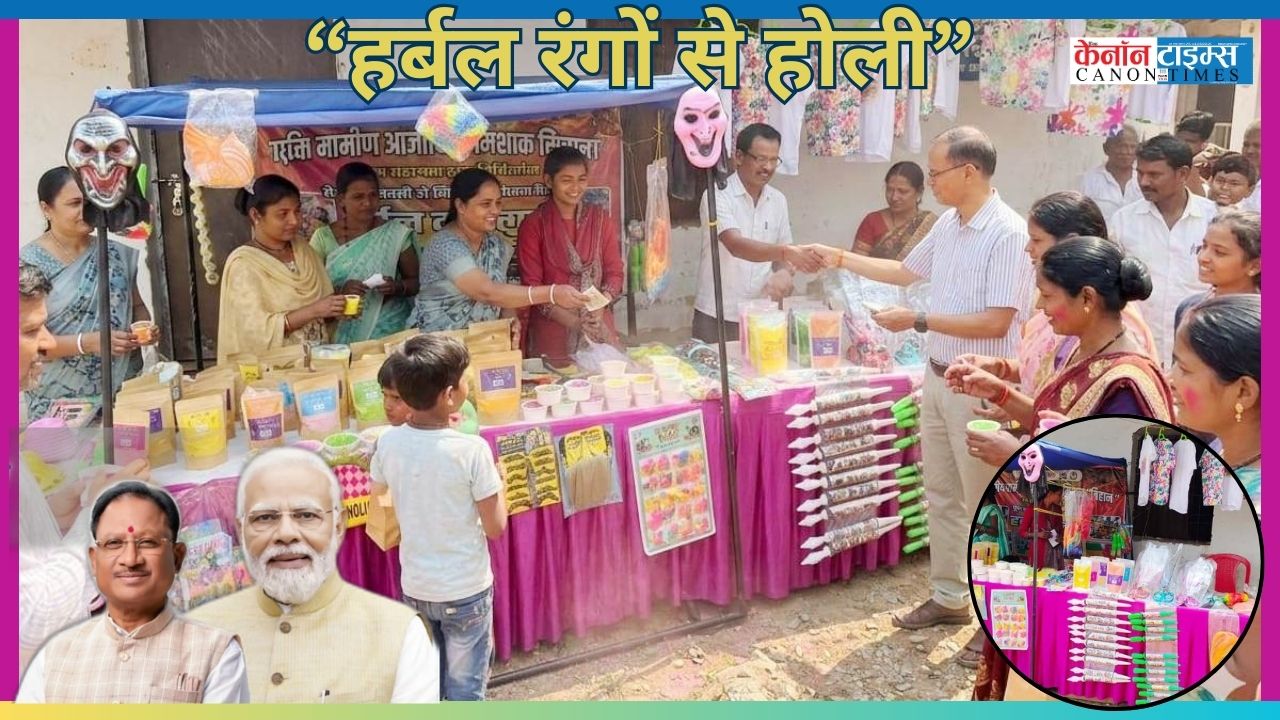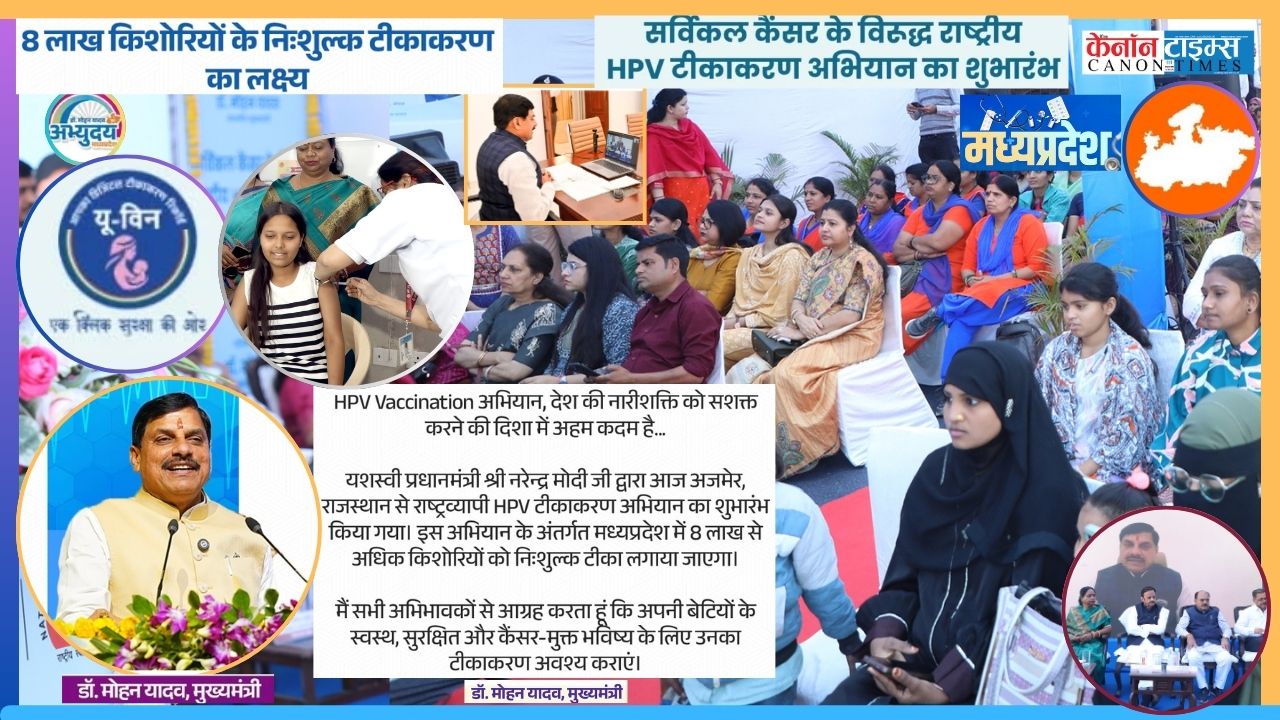Looks like voters are starting to feel sorry for Uddhav Thackeray again. At its rallies, the BJP now feels that they must require the “Thackeray brand.”
The most significant political development in Maharashtra over the previous few days was considered to be Union Home Minister Amit Shah’s invitation to Raj Thackeray, the leader of the Maharashtra Navnirman Sena (MNS) party, to visit New Delhi for a meeting. There was a lot of conjecture regarding the precise agenda of this meeting, whether Raj would formally join the Bharatiya Janata Party-led NDA alliance and potentially win one or two Lok Sabha seats, how Eknath Shinde’s Shiv Sena would respond to Raj Thackeray’s admission into the state’s already packed ruling alliance, how the BJP would carve out room for Raj Thackeray in the current political structure, and how Raj’s arrival would impact the NDA’s prospects of winning seats in Maharashtra. For political meetings and negotiations, the Thackeray family has a longstanding reputation of never leaving Mumbai, Maharashtra, their home territory. Balasaheb Thackeray, the patriarch of the Shiv Sena, was proud that he never had to leave Mumbai to meet people, and that he was frequently visited by prominent politicians, Bollywood celebrities, artists, and athletes.
The Shiv Sena was a coalition partner in the 1999 New Delhi government created by the BJP-led NDA. Prime Minister Atal Bihari Vajpayee’s emissary, Pramod Mahajan, was the main BJP representative present for all meetings and negotiations, which took place at Thackeray’s Mumbai home. In keeping with such approach, MNS president Raj Thackeray invited other leaders to his location instead than going out for discussions or negotiations. Raj, however, was recently spotted making the unusual trip to New Delhi, where he spent the night talking with Amit Shah about the possibility of forming an alliance in Maharashtra for the next Lok Sabha elections.
After splitting from the Shiv Sena in 2005, Raj Thackeray founded the MNS in early 2006, and the party performed very well in the 2009 elections, gaining 13 seats in the Maharashtra parliament. Raj Thackeray’s MNS was branded by the Shiv Sena as a party that was secretly serving the state’s Congress-NCP coalition. Off-the-record, a few BJP leaders said to the media in 2009 that Raj Thackeray’s party was the sole reason the BJP and Shiv Sena lost the 2009 Maharashtra Assembly elections and that the MNS was to blame. The MNS performed well once more in the 2012 Mumbai Municipal Corporation elections, winning 27 seats out of the 227 members of the body. However, Raj was unable to maintain this pace in the state’s 2014 Assembly elections, where the MNS only secured one seat. The MNS won seven seats in the 2017 Mumbai municipal elections, although six of its members defected to the Shiv Sena. Most of Raj Thackeray’s closest allies have departed the MNS in recent years. A large number joined the Shiv Sena, some joined the BJP, and the MNS is currently in very bad shape. Viewed from the BJP’s perspective, this development within Raj Thackeray’s MNS could not have arrived at a better moment for the party. The BJP is uncertain about the response from the Maharashtra public to this political move, even after manipulating cracks in Uddhav Thackeray’s Shiv Sena and Sharad Pawar’s NCP.
Local elections have not taken place since the BJP orchestrated the fractures within Maharashtra’s major regional parties. Feedback from the ground now suggests that voters’ affection for Uddhav Thackeray could be increasing once more. The BJP now believes that having the “Thackeray brand” during rallies is essential.
Massive audiences are what Raj Thackeray consistently brings to political gatherings because his words are so captivating. All of it is now what the BJP wants, particularly to fight Uddhav at home.
According to current speculation, the BJP could grant the MNS one Lok Sabha seat—possibly the South Mumbai seat—and join the group in the NDA coalition. Anyway, Raj isn’t overly excited about his party’s position in Congress; he would be content to take a single seat and participate since, first and foremost, his party needs to survive, and second, he would like to work with the BJP to strike an agreement during the Assembly elections.
It may be concluded that by forming this suggested partnership, both parties are assuming a risk. During the 2019 Lok Sabha election campaign, Raj was outspoken in his criticism of Amit Shah and Narendra Modi. He took action on Sharad’s behalf. Raj was close to Shiv Pawar at the time and was part of his NCP, but following the Maha Vikas Aghadi agreement that Shiv Pawar arranged in 2019, Raj felt excluded and disappointed. Will it be credible for Raj to join the NDA and go after Uddhav and Sharad Pawar now that he is there? That is a question no one can answer.
Abhishek Verma
Author: This news is edited by: Abhishek Verma, (Editor, CANON TIMES)
Authentic news.






